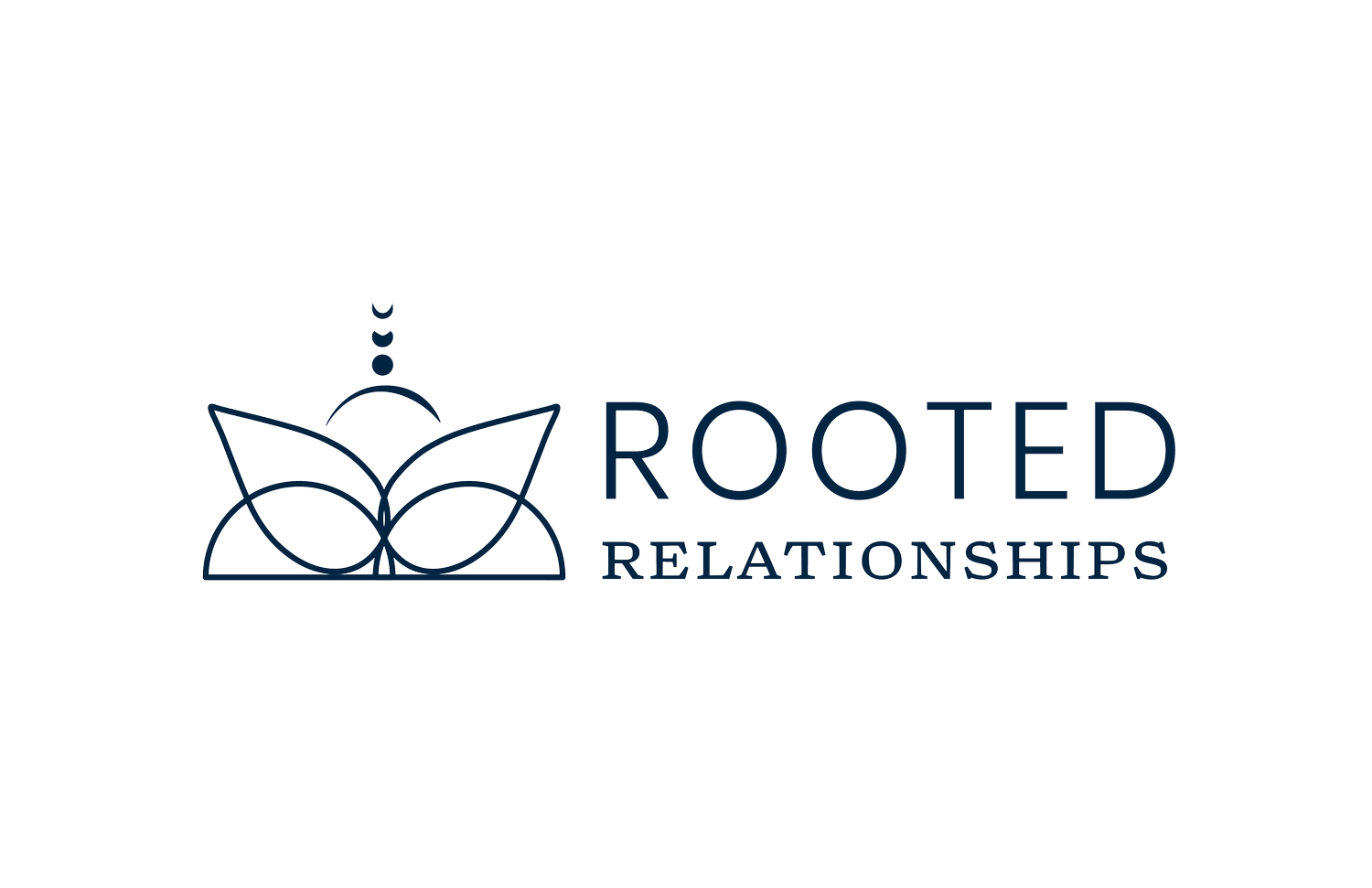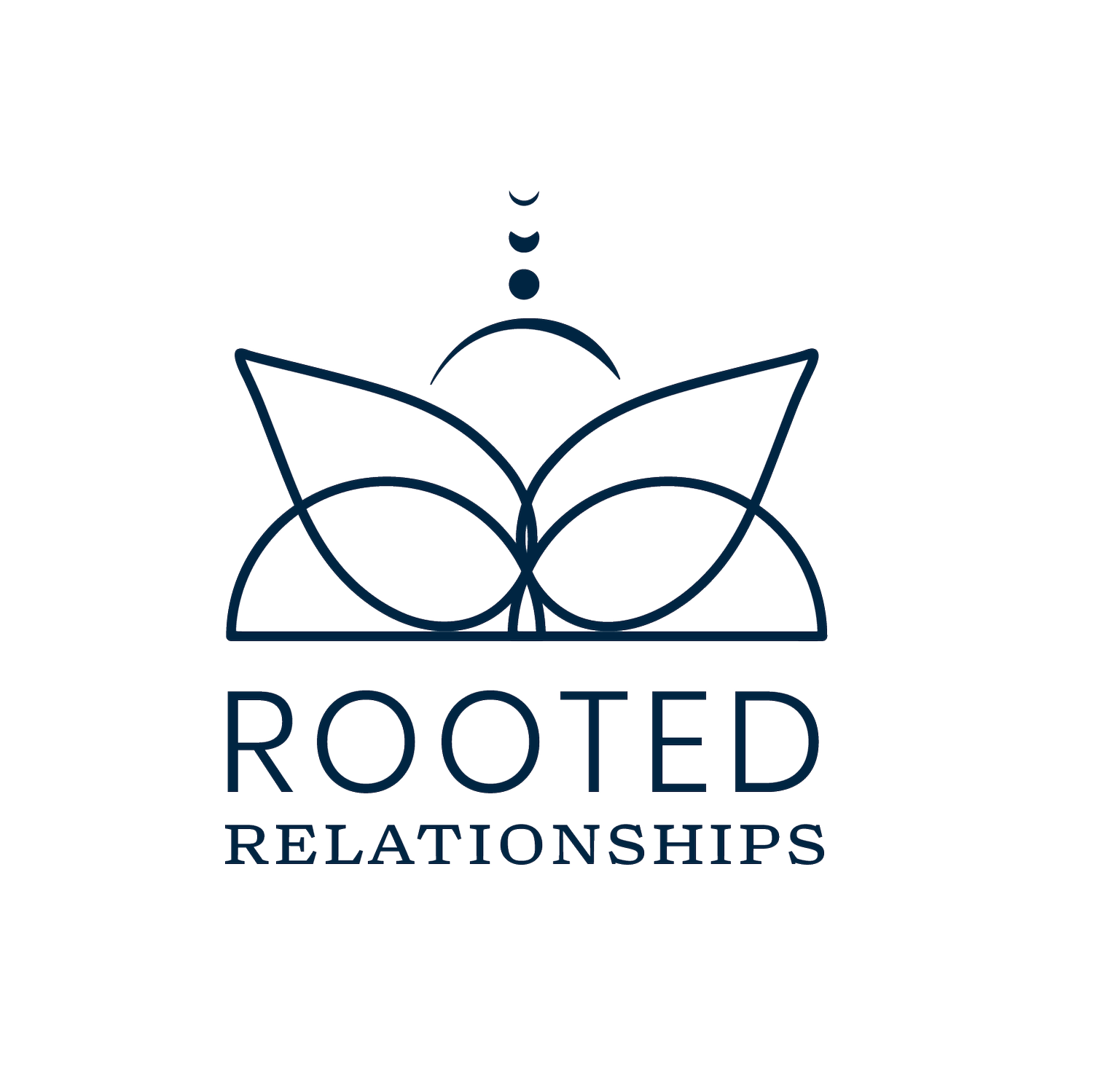How cultivating safety in relationships leads to a lasting bond
For your relationships to become a source of growth, vulnerability, and intimacy, safety in relationships needs to come first.
But what does safety in relationships really mean?
Defining safety in relationships
After 20 years of practicing yoga philosophy, clinical psychology, expressive arts, ancestral healing, and more, I believe that safety in relationships occurs when we know and trust that all of our parts will be held with care and protection by our partner.
At its core, safety in relationships is about trust, and continuing to build trust over time.
If both people are committed to cultivating safety and trust in their relationship, they can evolve together in a long-lasting, intimate and fulfilling relationship.
Cultivating safety in relationships
The practicality of cultivating safety in relationships happens when expectations are met consistently. As a couple, our reasonable expectations are to know that we matter and to receive a consistently caring and attentive response from our partner when we are hurt, angry or sad. When our partner responds to us this way the majority of the time, we are cultivating a relationship where emotional safety can grow.
For many of us who have “relational trauma,” building this kind of trust takes time and healing. We may come into the relationship with unreasonable expectations that our partner will either never really be there for us the way we need, or that our partner should always be able to be there for us. Neither of these expectations are reasonable, obviously. We are human, not robots.
To build the kind of trust needed for safety in relationships, what we need is a feeling of consistency, not perfection.
Here are a few examples of what this could look like:
A misunderstanding can be an opportunity to build safety in relationships
On a normal, busy workday, you ask your partner a question as you’re both on your way out the door. “I’m thinking of making bolognese pasta for dinner tonight. Sound OK to you?”
The answer is a shoulder shrug along with silence…not much of a response! He is looking at his phone instead of engaging with you.
While this may seem like a superficial conversation point, you feel hurt, ignored, and sad. It triggers memories of past interactions you’ve had where you felt this same way. You think about it all day until you sit down to eat dinner together that night and can bring it up.
So, you say, “Hey, this morning when I asked you about dinner you didn’t really respond, and I felt ignored and hurt. And I’ve been thinking about it all day.”
A response that doesn’t build trust might be something like, “ok? (a sigh) I can’t tend to you all the time! You know I like bolognese. Why is this a big deal?”
Even though this is a relatively minor subject, your need in this situation is to be heard, reflected and validated. That response doesn't help you feel tended to.
But what if you got a response like this instead, “Oh gosh. I’m sorry I didn’t respond. I get how you’d feel hurt thinking I was dismissing or ignoring you.”
This type of response lets you know your experience is important to your partner, that YOU are important to your partner. It is a small moment, but a response like that is helping you trust your partner with the vulnerable pieces of you.
A response like that helps build emotional safety in relationships.
Reflection shows willingness to build safety in relationships
Imagine your partner forgets to take the trash out, and you come home to a trash can full of fruit flies. You value having a clean space, so this bothers you. This activates your defenses of feeling alone and overwhelmed.
When your partner get’s home, you immediately launch into criticism of her forgetfulness and lack of care.
If she gets defensive, claiming that she shouldn’t be expected to do so much work around the house when she works full-time to support the family, her defenses are getting in the way of your connection and feeling heard. This response is not working to build emotional safety in your relationship.
If she listens, however, and does her best to reflect back to you what happened for you, replying with something like, “I hear how much this is bothering you. You feel alone and overwhelmed by the amount of housework you take on and it’s upsetting that I didn’t do what I said I would. I’m sorry that I didn’t take out the trash this morning.” then you’re moving toward meeting expectations and safety.
Safety in relationships exists when we are able to be with the activated defenses that arise in each of us inside our relationship. We don’t let the activated defenses take over. Instead, we work to undo our defenses and create a space where each partner feels that their emotional needs are valued as a priority in the relationship.
Safety in relationships comes when you can expect your partner to take care of their own defenses, and be able to show up for you. Trust.
Listen, this happens to all of us. We all get defensive, activated and can’t be expected to always respond with care and reflection of our partner. The goal is to be able to show up with care most of the time, enough times that our partner can begin to trust us. Let’s look at another example.
One day after paying some unexpected bills, you bring up to your partner that you think some spending cuts are necessary.
He’s upset, and says he works hard to contribute to the family budget and shouldn’t have to cut back on the things he wants to purchase.
If you become activated and defensive and say, “I’m just trying to make sure we don’t go further into debt. Ok? How are you helping with that,,” then you’re not adding to safety in the relationship. You are letting your defenses take over.
A more connected response that builds trust and emotional safety might be something like, “I hear you saying that you’re upset about the idea of cutting back the budget. Which I totally get. And you work really hard to contribute financially. I see that and how important that is. And I hear that it’s important to you to have some freedom in your spending and not have to be counting pennies and suffering! I get that.”
In this type of response, we are reflecting back what the other has said. By reflecting back, we are letting our partner know that they are heard, that what they feel matters to us and that we are managing our own reactions and defenses to create a safety in our relationship.
As we navigate the complexities of shared experiences, we will of course have different feelings and even interpretations of the facts. Safety in relationships is a sign that both people are fostering a foundation of trust. Safety is the key to longevity.
When partners feel secure in expressing their vulnerabilities without shame or fear of being hurt, when differences are more often met with reflection than defensiveness, and when the emotional landscape of the relationship is tended to with consistent care, your relationship will be safe, healthy, and ready to stand the test of time.





